![]() Nov 17 2022
Nov 17 2022
![]()
Under the impetus of the global "plastic limit fever", how to effectively decompose degradable plastics and truly realize "compostability" is a hot issue in the current industry.
Organic recycling is packaging waste
Aerobic treatment (industrial composting)
or anaerobic treatment (biogasification)
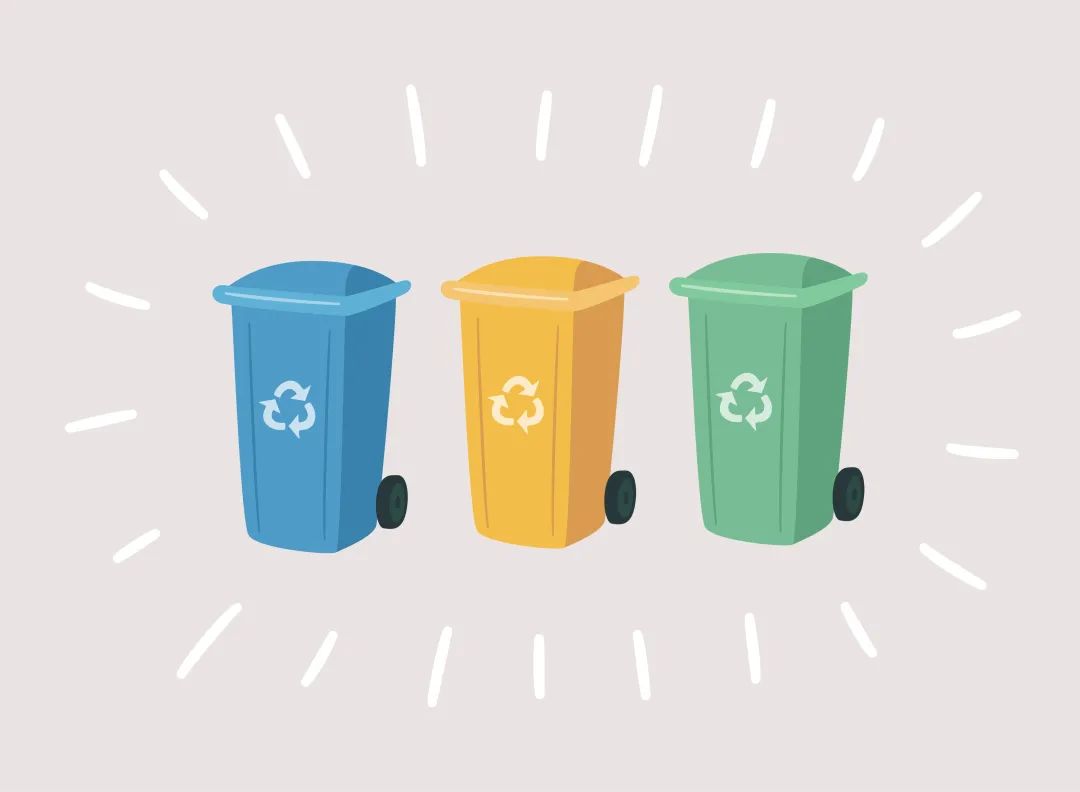
2. How does industrial composting (aerobic treatment) of bioplastics work?
Compostable plastics tested and certified according to the European industrial composting standards EN 13432 (for packaging) or EN 14995 (for plastic materials in general) meet the technical criteria for disposal in industrial composting plants. These plants provide controlled conditions, i.e. controlled temperature, humidity, aeration, etc., for a fast and safe composting process.
EN 13432 requires compostable plastics to decompose after 12 weeks and fully biodegrade after 6 months. This means that 90% or more of the plastic material will be converted to CO2. The remainder is converted into water and biomass, ie valuable compost. Compost is used as a soil amendment and can also partially replace mineral fertilizers.
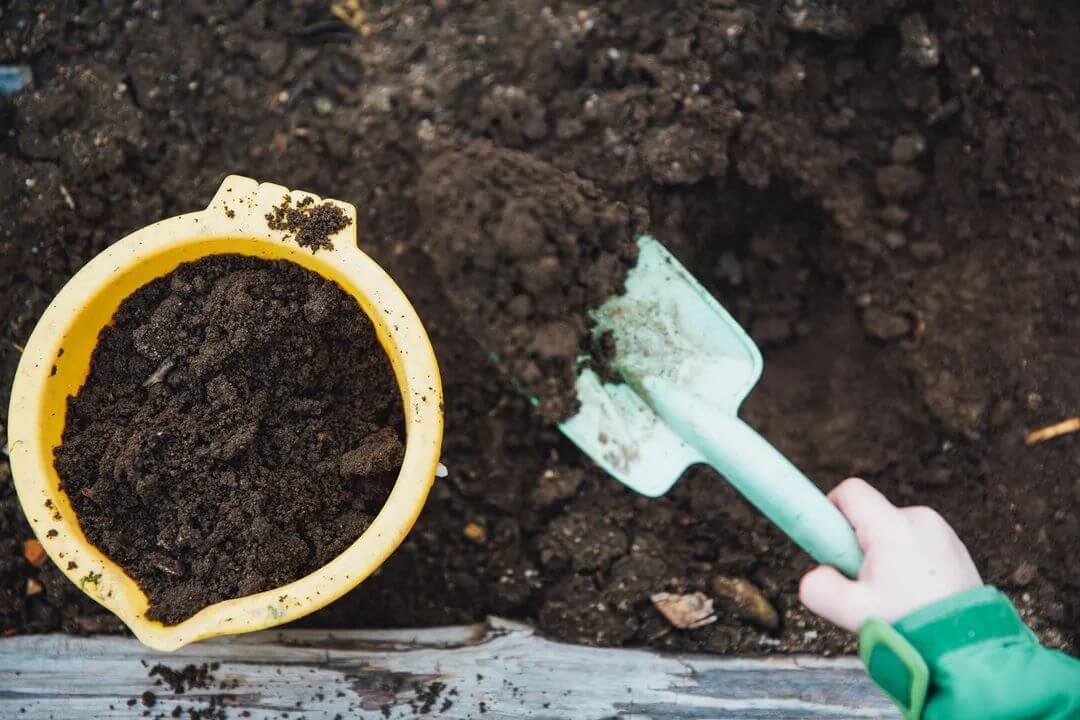
Do not. Bioplastics are a large class of materials that can be bio-based, biodegradable, or both. Bio-based, non-biodegradable (durable) materials account for more than 40%. The largest share (nearly 60%) of bioplastics on the market today is biodegradable materials. Biodegradability is an inherent property of some polymers and can be used in specific applications (e.g. biowaste bags).
Biodegradation is a chemical process in which materials are metabolized to carbon dioxide, water and biomass with the help of microorganisms. The biodegradation process depends on the conditions (such as location, temperature, humidity, presence of microorganisms, etc.) of the specific environment (industrial composting plant, garden compost, soil, water, etc.) and the material or application itself. Accordingly, the process and its outcome may vary widely. In order to be recycled through organic recycling (composting), a material or product needs to be biodegradable.
Compostability is the property of a product, packaging, or related component that allows it to biodegrade under specific conditions (eg, specific temperature, time frame, etc.). These specific conditions are described in standards such as the European industrial composting standards EN 13432 (for packaging) or EN 14995 (for plastic materials in general). Materials and products conforming to this standard can be certified and marked accordingly. Note that in order to make accurate and specific claims about compostability, a location (domestic, industrial) and time frame need to be specified.
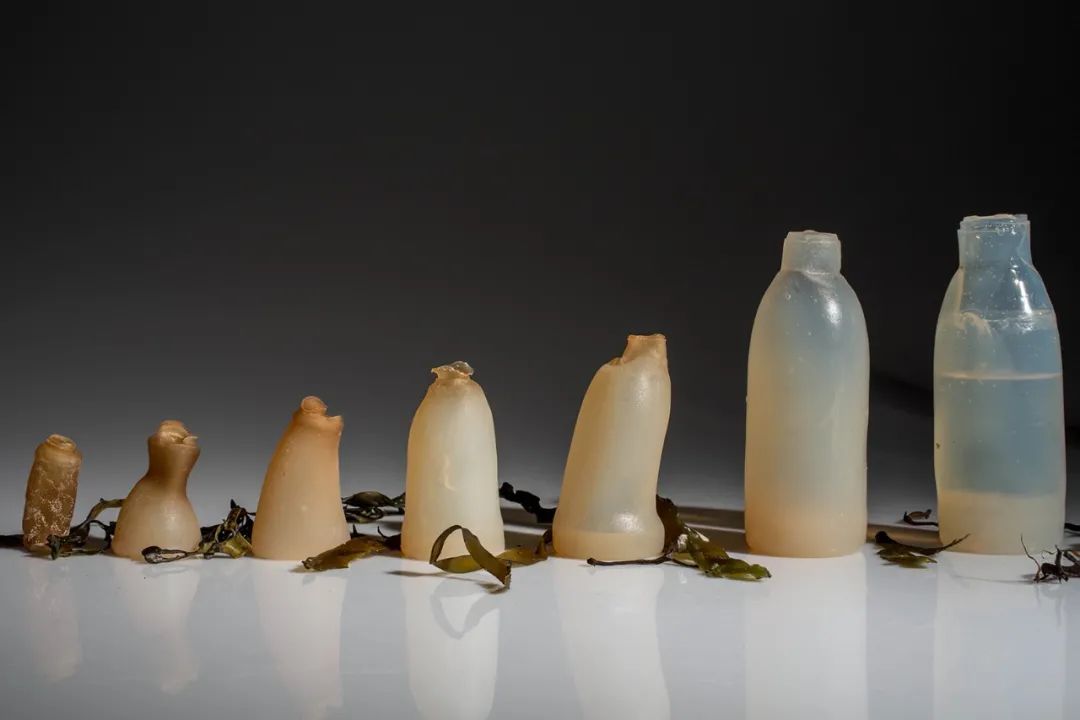
Industrial composting is an established process with recognized requirements for the temperature and time frame in which biodegradable waste is metabolized into a stable, clean product (biomass) for use in agriculture (humus/fertilizer). This process takes place at industrial or municipal composting plants. These plants provide controlled conditions, i.e. controlled temperature, humidity, aeration, etc., for a fast and safe composting process.
The European standard EN 13432 specifies the industrial compostability criteria for packaging. EN 13432 requires compostable plastics to decompose after 12 weeks and fully biodegrade after 6 months. This means that 90% or more of the plastic material will be converted to CO2. The remainder is converted into water and biomass, ie valuable compost. Materials and products conforming to this standard can be certified and marked accordingly.
In addition to energy recovery and mechanical recycling, industrial composting (organic recovery/organic recycling) becomes an available end-of-life option.
Compostability is a distinct advantage when plastic items are mixed with biowaste. The use of compostable plastics makes mixed waste suitable for organic recycling (industrial composting and anaerobic digestion), enabling a shift from recycling to recycling (a treatment option ranked high in the European waste hierarchy). In this way, biowaste is diverted from other recycling streams or landfills for separate collection – resulting in more valuable compost.
PRODUCT CATEGORIES
![]() You May Also Like
You May Also Like
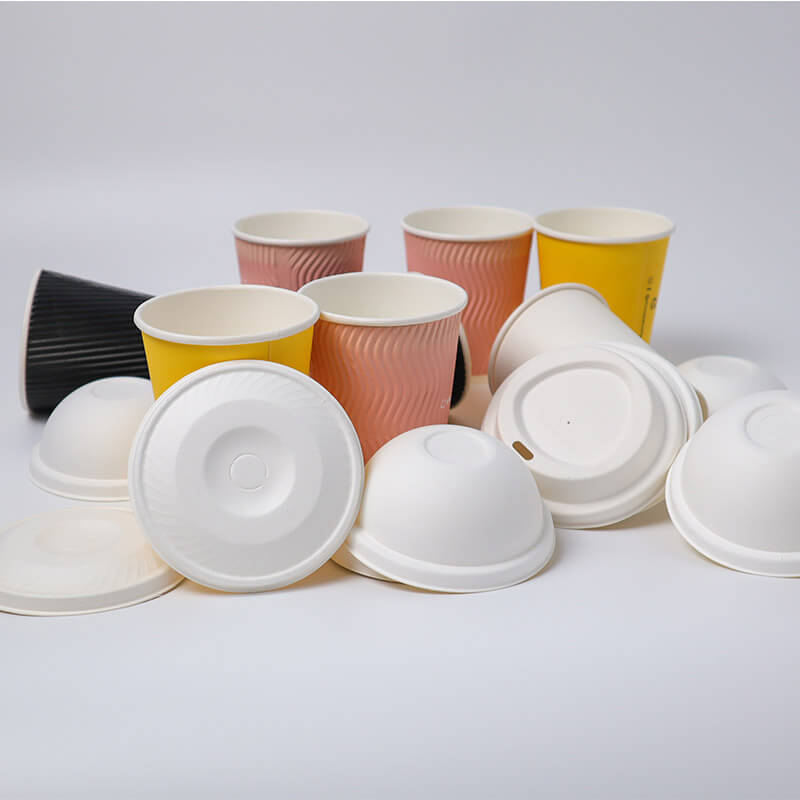
Custom Biodegradable Bagasse Pulp Cuplids, Coffee Paper Cup And Lids
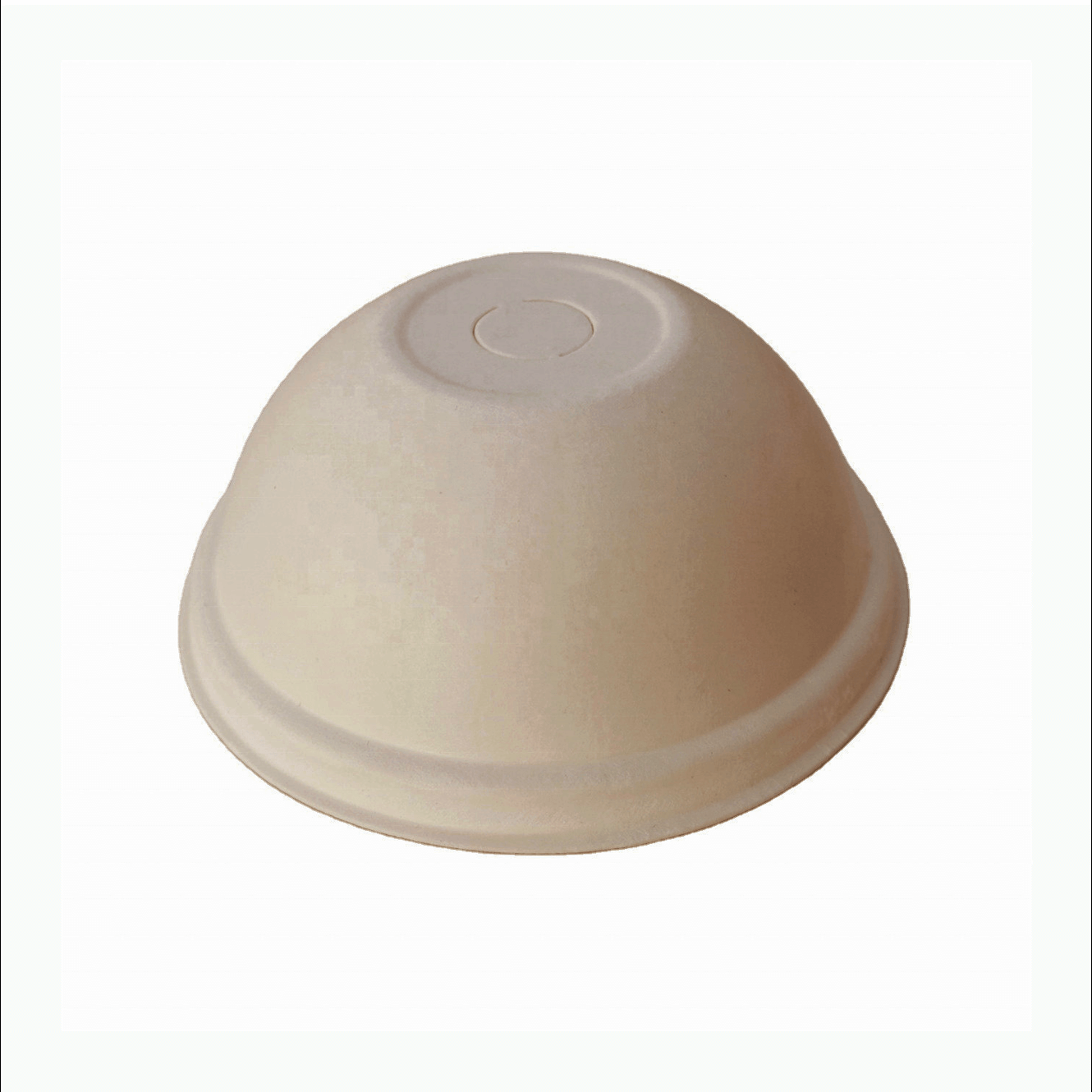
80mm Bagasse paper lid, dome shape, natural brown
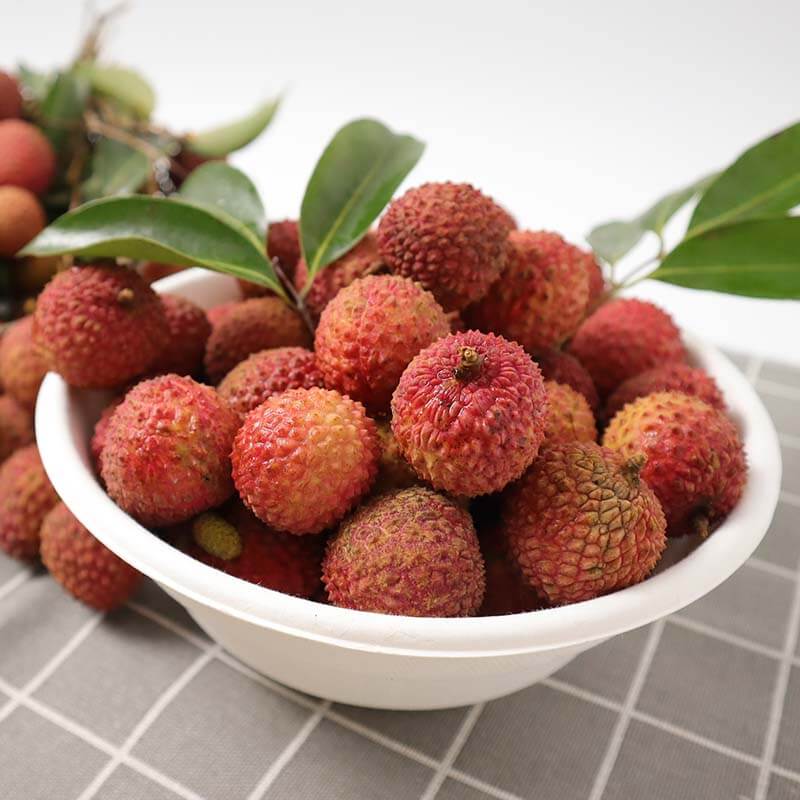
Wholesale Biodegradable Disposable Bagasse Salad Rice Fruit Bowl
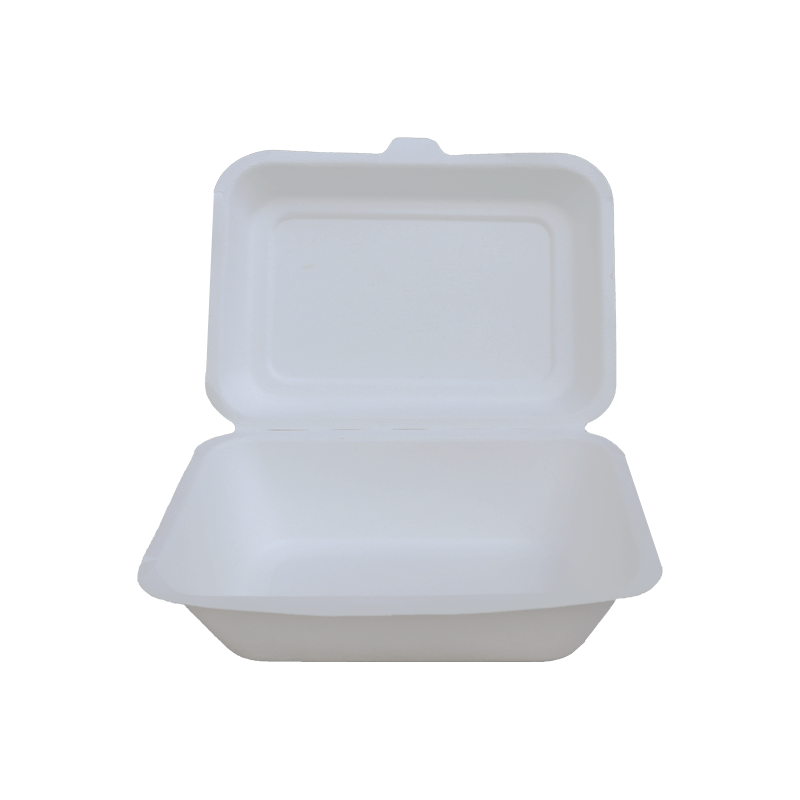
7 x 5 inch Rectangle bagasse clamshell, white
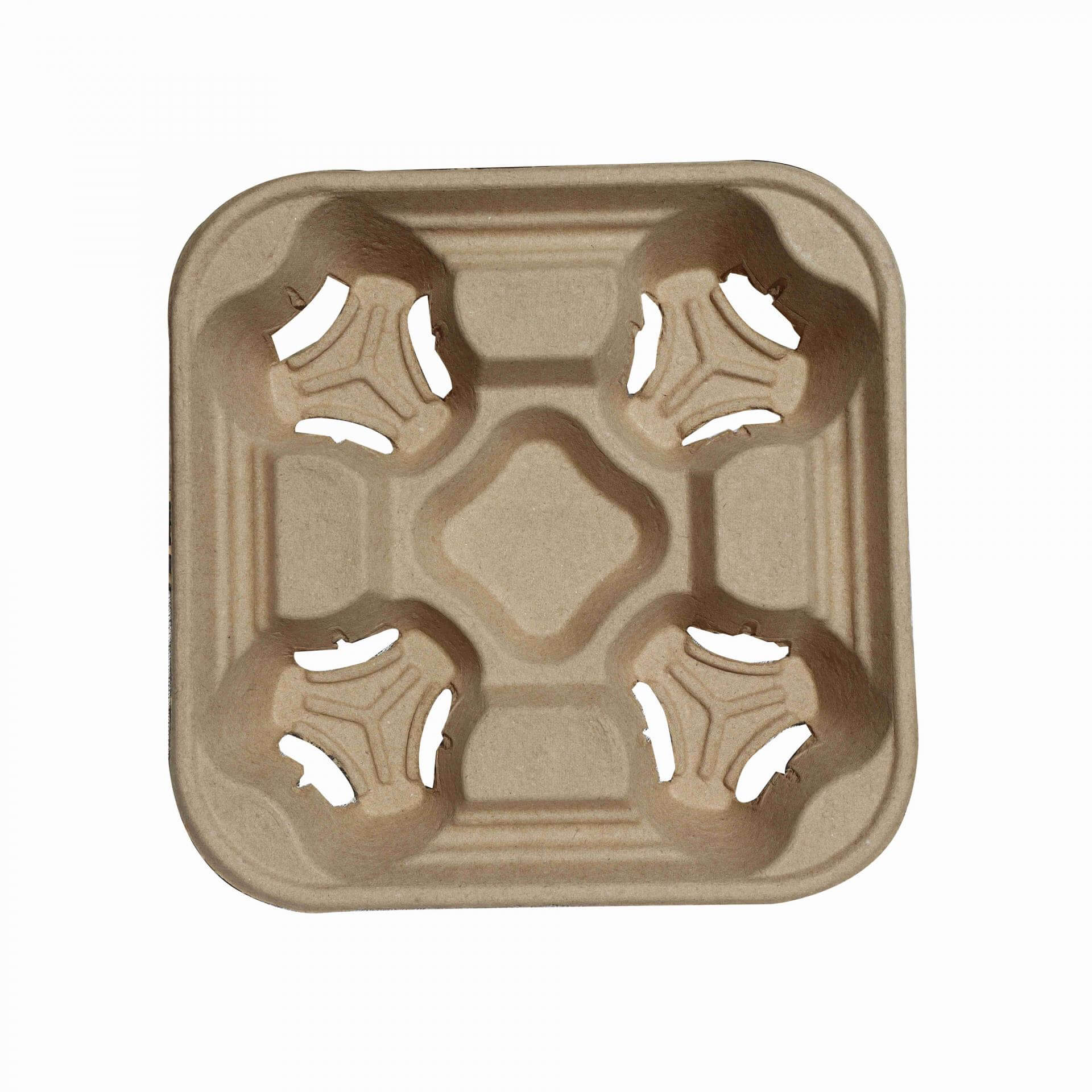
Corrugated pulp disposable 4 cup holder tray takeaway carrier
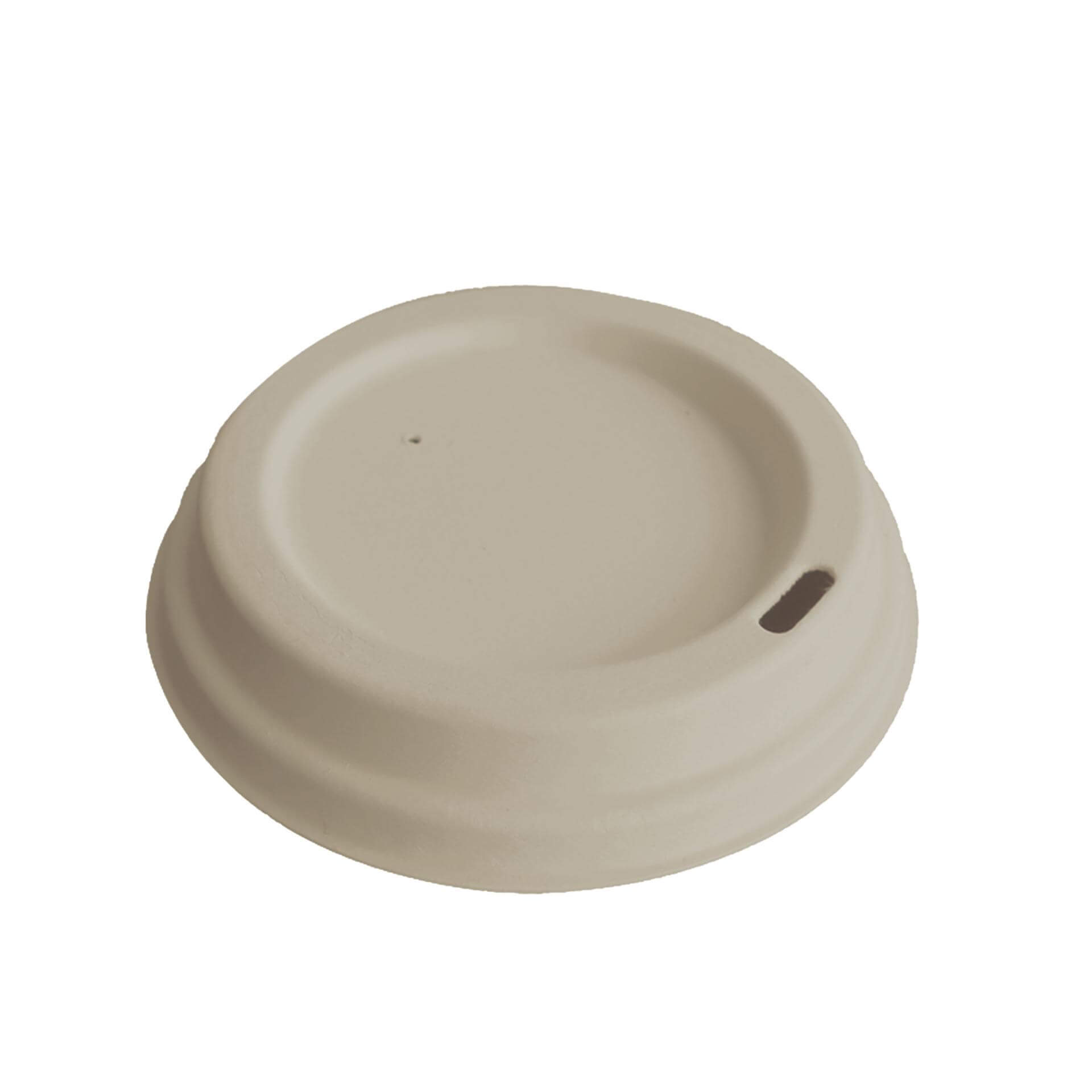
90mm natural brown sugarcane pulp sip lid, round design
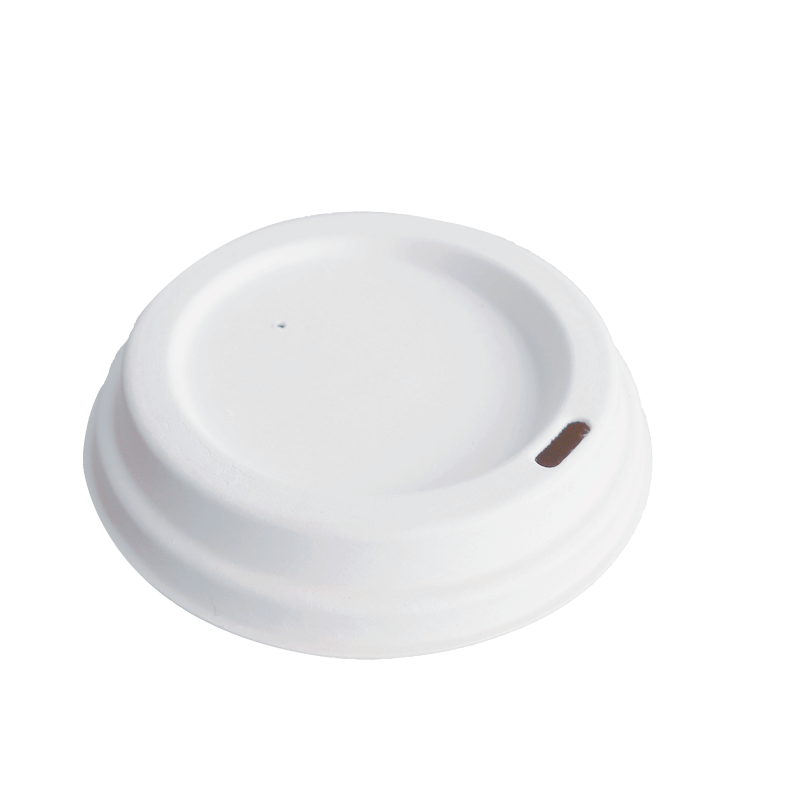
90mm White sugarcane pulp sip lid, round design
